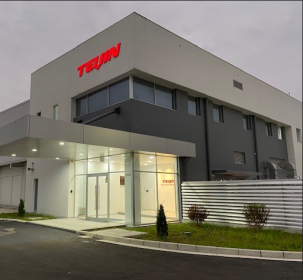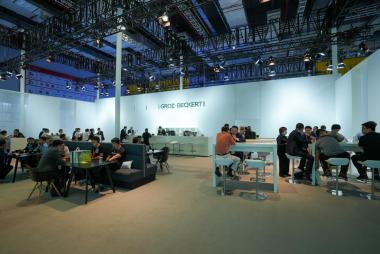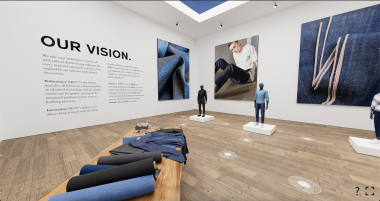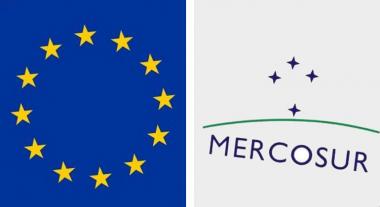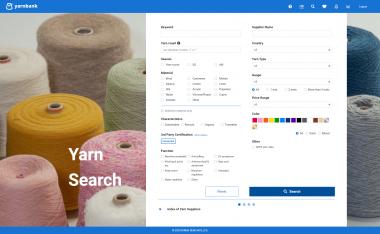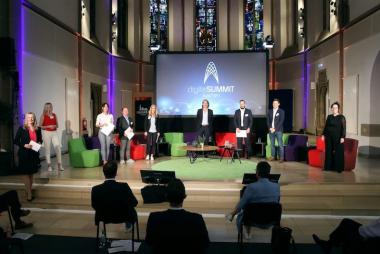Hexcel: Speeding up new Product Development Cycles for Rassini
Hexcel, a global leader in advanced composites technologies, confirms that its HexPly® M901 prepreg system has been selected by Rassini, a Mexico-based technology leader in composite vehicle suspension systems, to speed up prototype and new product development cycles, reducing overall time to market with an easy to process material solution that enables effective early-stage design screening and cost-effective production.
As a specialist in the mass production of composite helper leaf springs for various leading OEMs, Rassini continuously develops innovative new suspension component designs. Due to cost and timing, however, these new products cannot easily be prototyped using conventional high-pressure resin transfer molding (HP-RTM) technology.
With more than 15 years of experience in delivering glass fiber prepregs for the serial production of composite leaf springs, Hexcel developed its high-performance HexPly M901 prepreg system specifically for this type of application. HexPly M901 combines the right level of structural performance required with simple processing, providing Rassini with a reliable material solution optimized for rapid development and fine-tuning iterations.
HexPly M901 is a high Tg epoxy resin prepreg system specifically developed for structural components that will be exposed to harsh thermal and environmental conditions. With short cure cycles of 10 minutes and below producing excellent green, or handling, strength of the composite part for demolding and unidirectional glass fiber aerial weights up to 1,600gsm, HexPly M901 delivers a powerful combination of benefits for suspension component applications.
Hexcel Corporation













